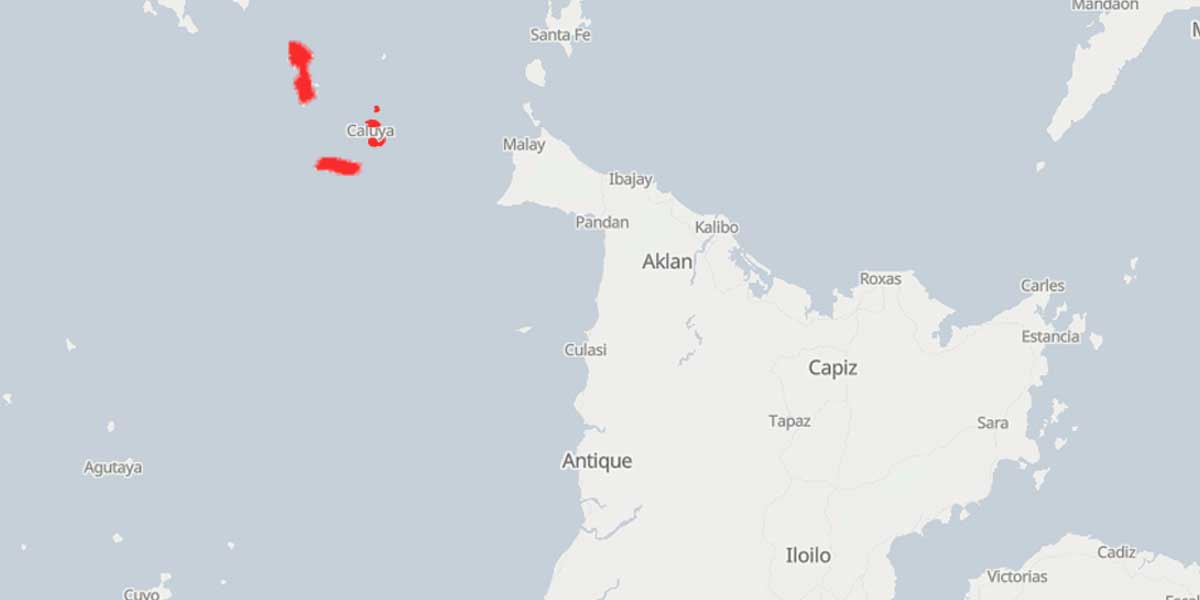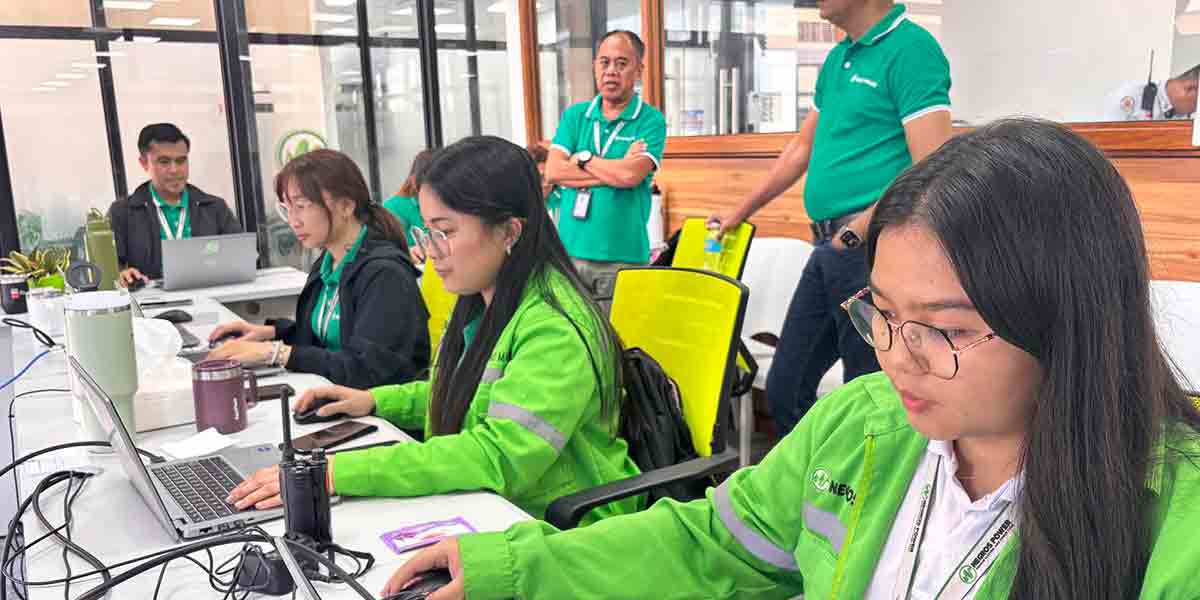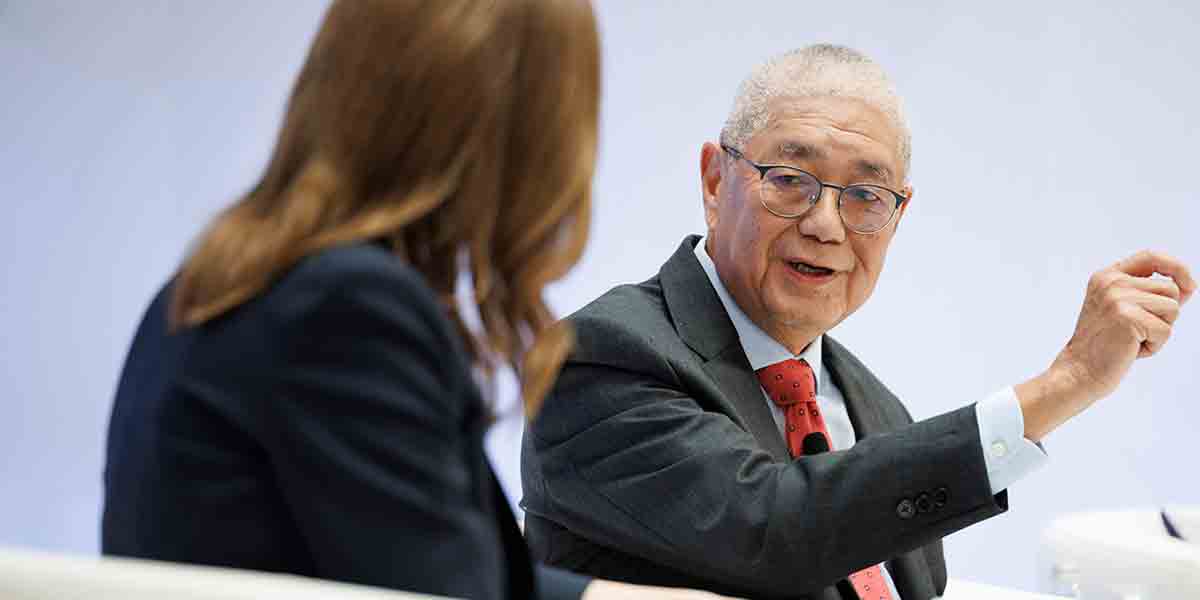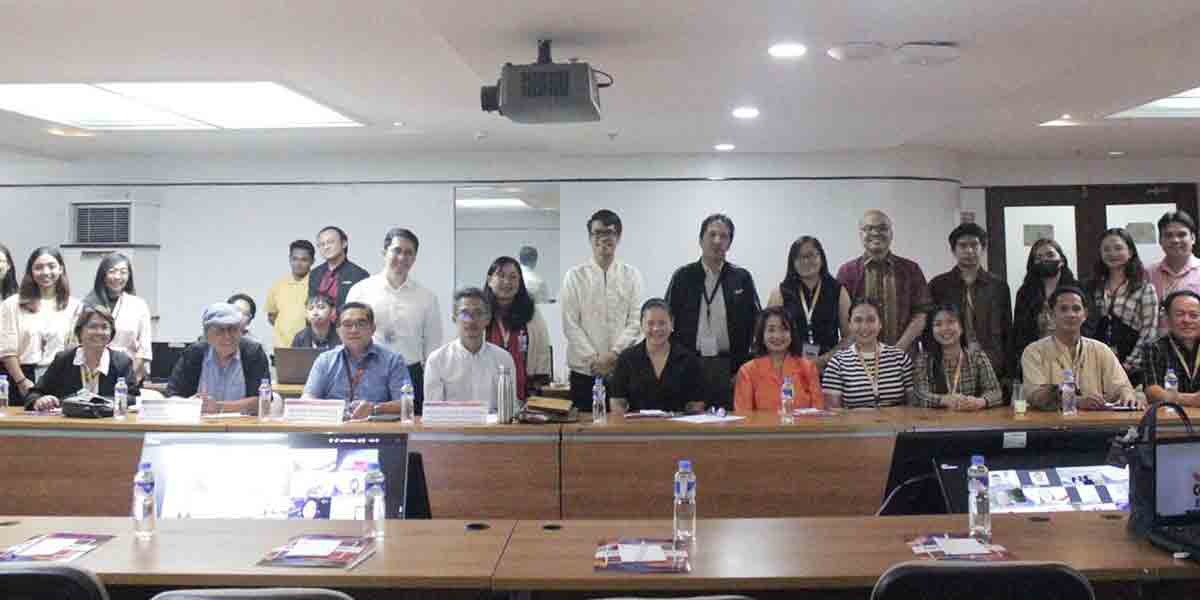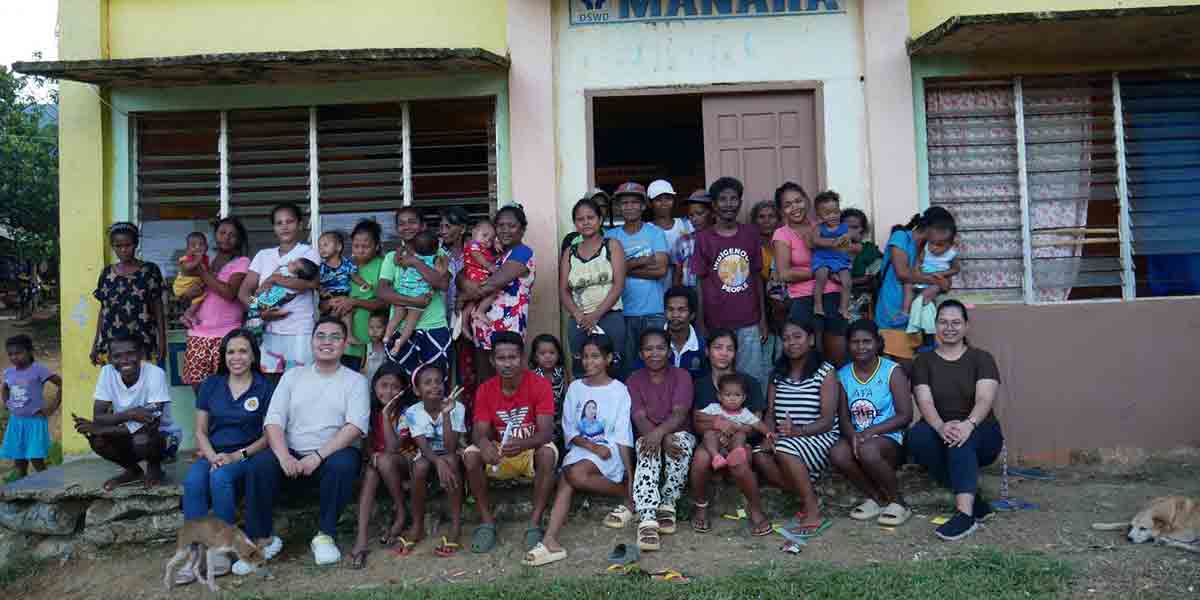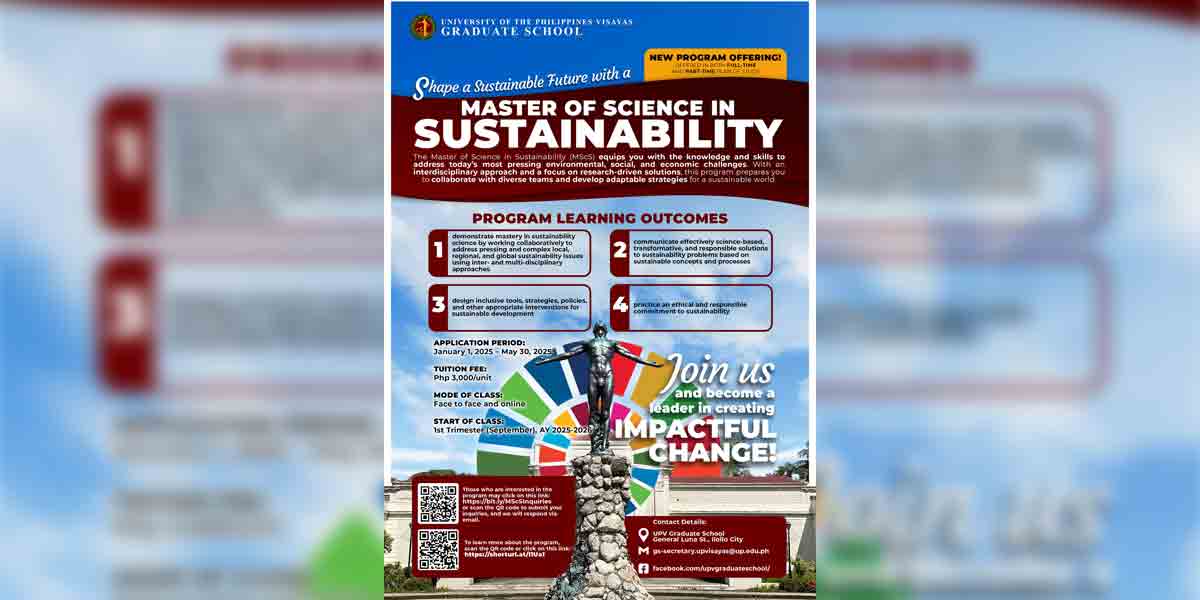 By Dr. Rex Casiple
By Dr. Rex Casiple
Higher education institutions (HEIs) in other regions outside the National Capital Region (NCR) suspended their classes within their respective jurisdiction provided that measures and arrangements are in place for the students to comply with their class requirements. Students were informed of the importance of staying in their homes during the pandemic. HEIs worked and coordinated with their local governments if they need to suspend classes, adjust their semesters or canceled other events within their universities and colleges.
HEIs discouraged mass gathering; canceled or postponed big group activities and events; suspended students’ internship or OJT programs abroad and negotiated with their partner institutions to adjust their program until the situation is under better control; suspended the participation of students, staff and faculty in seminars, workshops and other events, especially those that involved travel outside the province; and continued to remind students, staff, faculty and administrators to practice personal preventive measures such as proper hand hygiene, cough etiquette, and social distancing.
On March 21, 2020 the Department of Health Western Visayas Center for Health Development (DOH WV CHD) reported the second positive case of COVID-19 in the region. The first positive case in the Region was confirmed by the DOH WV CHD on March 20, 2020. The number of cases of COVID-19 in the Philippines increased to 262 from 217 (20.74%) and the number of confirmed deaths increased to 19 from 17 (11.76%) on March 20, 2020. HEIs were advised to exercise flexibility in determining the extent of adjustments that will be made in their approved academic calendar.
HEIs were also advised to exercise discretion in the field deployment of National Service Training Program (NSTP) students for the current semester and allow the conduct school-based service activities as an alternative. In case of students undergoing on-the-job (OJT) training, HEIs facilitated alternative activities to enable the concerned students to complete required practicum/OJT hour.
HEIs were advised to deploy available distance learning, e-learning, and other alternative modes of delivery in lieu of residential learning if they have the resources to do so; evaluate students on the basis of available indicators as of this time and forgo other curricular activities for the remainder of the semester; and implement extraordinary and swift measures to address the needs of students, employees, and other stakeholders arising from COVID-19 related issues.
Some hospitals in the country serving as training centers for medical and nursing students with confirmed COVID-19 cases exercised leniency during this difficult time and explored alternative modes to continue the medical training and education of these students without compromising their safety. HEIs also exercised leniency on their policies concerning student absences and student leaves. Students who were absent for 30 days as a result of the community quarantine were not dropped from their classes. Students who may have close contact with persons with COVID-19 were advised to do self-quarantine at home for 14 days.
On March 30, 2020 the number of cases of COVID-19 in the Philippines increased to 1,418 and the number of confirmed deaths increased to 71. Globally, as of March 30, 2020 the number of infection cases increased to 713,171 and the number of deaths increased to 33,597.
State colleges and universities (SUCs) and some private higher education institutions in the region shared their support to front liners in fighting the corona virus by producing and supplying face shields for health workers, the Philippine National Police (PNP), the Armed Forces of the Philippines (AFP) and other front liners. In this time of pandemic some students and parents who were unable to pay tuition and other fees appealed to private higher education institutions (PHEIs) for consideration. (To be continued)



